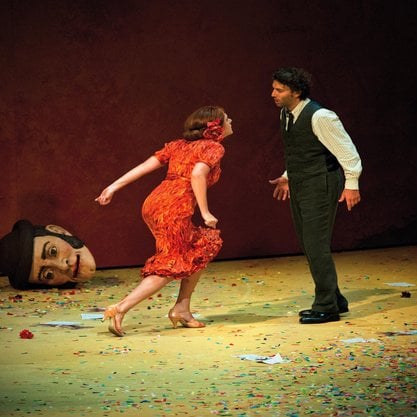Article
Hesse, Hermann (1877–1962) By Crauwels, Geert
Article
Hermann Hesse was born in Calw (Germany) in a pietistic missionary family. To his devout parents, ‘the I’, as a subject next to God, had no rights. This conviction not only lead to several personal crises in Hesse’s life but also inspired his central theme: the defense of the individual and its intellectual freedom, independent of any cause.
Destined to become a Protestant theologian, Hesse became a seminarist at the Protestant convent school Maulbronn in 1891, from which he fled shortly after. A suicide attempt followed in 1892. Some years later, Hesse was trained as a bookseller in Tübingen (1895–1898). Although Hesse had started his career as a lyricist in the neo-romantic tradition by then (Romantische Lieder, 1898) and considered poetry to be his central literary medium, his novels and stories were the foundation of his success. His novels can be characterized as biographies of the soul, reflecting the protagonist’s subjectivist development and self-discovery. Hesse’s breakthrough came with Peter Camenzind (1904), which already dealt with his main topics: the uncompromising personality development, criticism of modern civilization and the education system, the mystic experience of nature and a return to the simple, authentic life – echoing Nietzsche’s philosophy of life.



